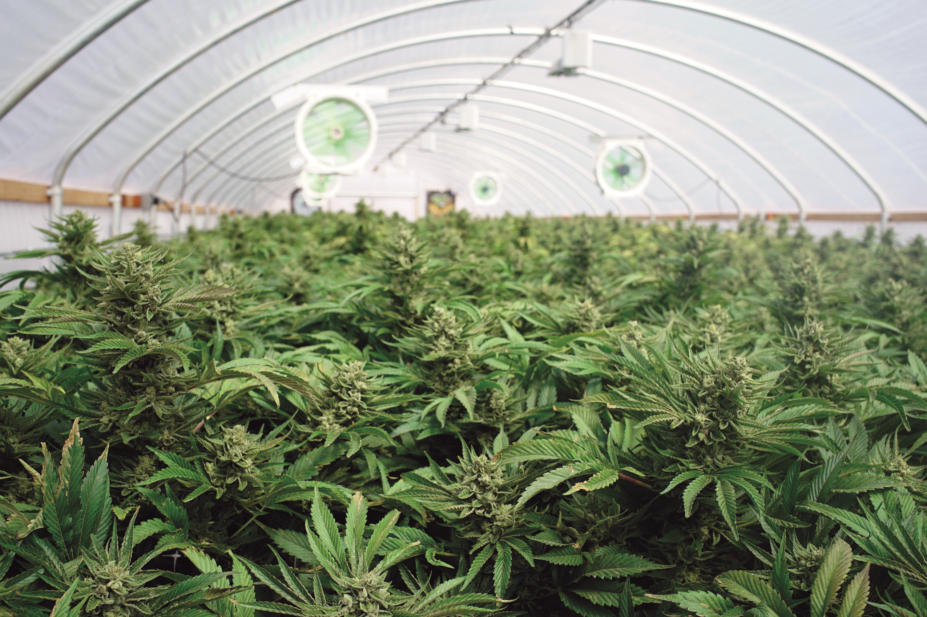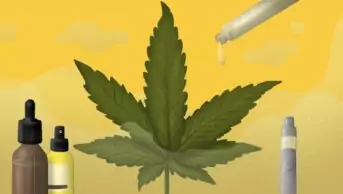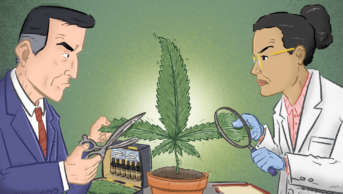
Shutterstock.com
NHS England has established a system to monitor the prescribing of cannabis-based products for medicinal use, with the first data expected by the end of March 2019, health minister Steve Brine has said.
Brine was responding to a question from Jim Cunningham MP, following concerns that despite the legal change to the status of medical cannabis, very few, if any, NHS prescriptions have been written.
Medical cannabis became available for prescribing on 1 November 2018, but since then media reports have suggested that only a handful of patients have been issued prescriptions, and they have been via private doctors.
NHS-commissioned interim guidance on the use of cannabis-derived medical products, produced by the British Paediatric Neurology Association (BPNA) and the Royal College of Physicians (RCP), has been criticised as too restrictive, leaving consultant doctors — the only doctors allowed to prescribe the drugs — unwilling to do so.
Genevieve Edwards, director of external affairs at charity the MS Society, told The Pharmaceutical Journal that, as far as the Society was aware, no patient with multiple sclerosis has been able to access a cannabis-based medicine since the law changed — a situation she described as “incredibly frustrating”.
The MS Society says the interim prescribing guidance has led to “a lack of prescriber confidence” with “difficulty in sourcing products from outside the UK”. Edwards said the charity had asked for talks with NHS England about the prescribing situation, but had not recieved a response.
The North Central London (NCL) Joint Formulary Committee announced that unlicensed cannabis-based medicinal products (CBMPs) will not be prescribed in its region until the committee had completed an evaluation of their use, which is due to take place in January 2019. Until then, CBMPs “will not be available to prescribe or supply in North Central London”.
NCL comprises five clinical commissioning groups (CCGs): Barnet, Camden, Enfield, Haringey and Islington. Its Joint Formulary Committee produces a list of medicines approved for use by those CCGs, and by NHS trusts in the region.
In many local formularies, CBMPs have been placed on the ‘grey list’, which means that the products are not currently recommended for use. One exception is NHS Crawley and NHS Horsham and Mid Sussex CCG, which has placed the products on its ‘red list’, and this means they can be prescribed “in line with interim professional guidance from RCP and BPNA”.
Mike Barnes, a neurologist and rehabilitation physician, who co-wrote a 2016 review commissioned by the All-Party Parliamentary Group on the evidence for medical cannabis use, told The Pharmaceutical Journal that consultants are not bound by the existing guidelines, but that, in his view, it is easier for doctors in the private sector to prescribe against the guidelines.
“In the NHS you’ve got to get the prescription approved by the trust’s medical director, or someone in seniority, and of course that’s two people who’ve got to go against the guidelines. So I don’t think the prescriptions are going to get through,” he said.


